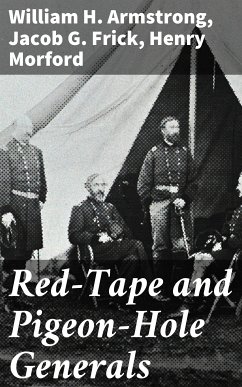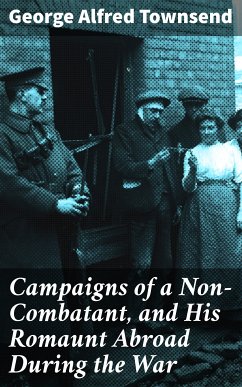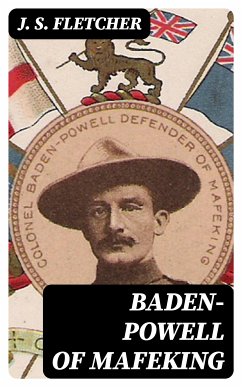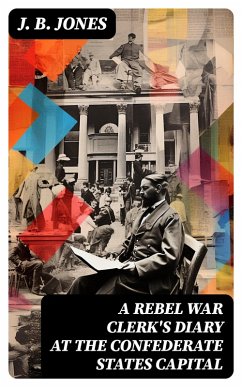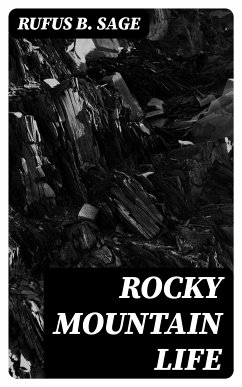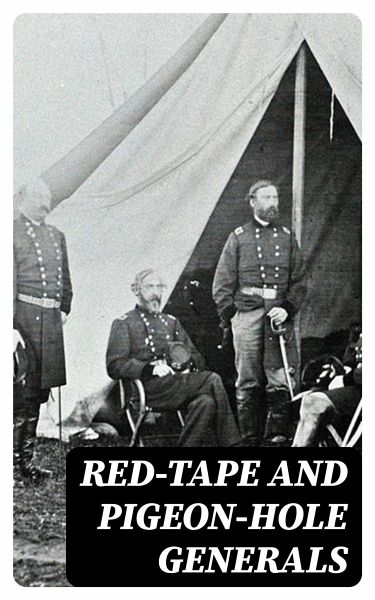
Red-Tape and Pigeon-Hole Generals (eBook, ePUB)
As Seen From the Ranks During a Campaign in the Army of the Potomac
Versandkostenfrei!
Sofort per Download lieferbar
0,49 €
inkl. MwSt.
Weitere Ausgaben:

PAYBACK Punkte
0 °P sammeln!
Delve into the intricate tapestry of bureaucracy and leadership conflicts during the American Civil War era with 'Red-Tape and Pigeon-Hole Generals.' This compelling collection unravels the complex interplay between bureaucratic inertia and military leadership, traversing a range of literary styles from reflective prose to incisive critiques. The anthology offers a vivid snapshot of the era, capturing the stark realities and subtle nuances of wartime administration and decision-making. While the works collectively provide deep insights into the period, standout narratives include those that wr...
Delve into the intricate tapestry of bureaucracy and leadership conflicts during the American Civil War era with 'Red-Tape and Pigeon-Hole Generals.' This compelling collection unravels the complex interplay between bureaucratic inertia and military leadership, traversing a range of literary styles from reflective prose to incisive critiques. The anthology offers a vivid snapshot of the era, capturing the stark realities and subtle nuances of wartime administration and decision-making. While the works collectively provide deep insights into the period, standout narratives include those that wryly critique the paradoxes of military red tape, showcasing the anthology's range and depth without singular attribution. The anthology brings together the powerful voices of William H. Armstrong, Jacob G. Frick, and Henry Morford, whose collective efforts illuminate the underexamined aspects of the Civil War. These authors, through their varied backgrounds and perspectives, contribute to a coherent exploration of the cultural tensions and administrative challenges of the time. This collection aligns with historical and literary movements seeking to elevate overlooked narratives and critiques of power structures, effectively broadening the traditional understanding of Civil War literature through a multitude of voices. '**Red-Tape and Pigeon-Hole Generals**' is an essential volume for readers intrigued by the intersection of history, leadership, and narrative. It offers a unique portal into the complexities of military bureaucracy and the dynamic tensions of wartime governance. Through its diverse perspectives and styles, this anthology not only provides educational insights but also fosters a dynamic dialogue amongst the authors' works. Readers are invited to explore its pages and uncover the nuanced interplay between military leadership and administrative constraints, enriching their comprehension of this pivotal historical period.
Dieser Download kann aus rechtlichen Gründen nur mit Rechnungsadresse in A, B, BG, CY, CZ, D, DK, EW, E, FIN, F, GR, H, IRL, I, LT, L, LR, M, NL, PL, P, R, S, SLO, SK ausgeliefert werden.




